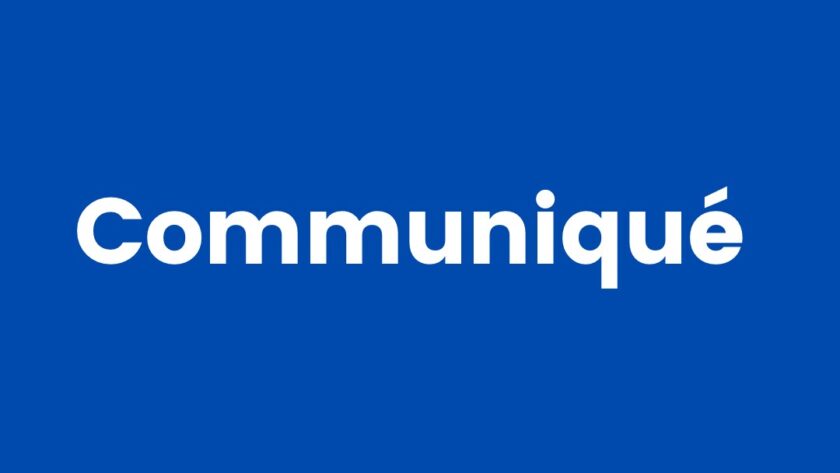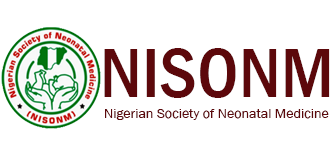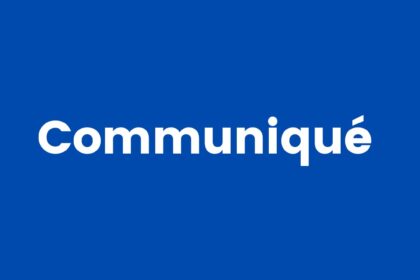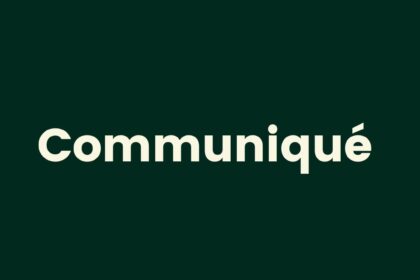INTRODUCTION:
The Nigerian Society of Neonatal Medicine (NISONM) encompasses a subspecialty group of
Paediatricians working in the area of newborn health, who have committed technical skills, and have facilitated national/international collaborations to strengthen the implementation of processes for reducing neonatal morbidity and mortality in Nigeria. Our strategic objectives hinge on advocacy, capacity building, social mobilization, dissemination of best practices, development and strengthening of partnerships, and neonatal operational research.
PROCEEDINGS:
The 15th Annual General Meeting and Scientific Conference of the Nigerian Society of Neonatal Medicine (NISONM) held at Dover Hotel, Ikeja, Lagos State between June 6th – 9th, 2023. The theme of the conference was Neonatal health status in Nigeria: The journey towards SDG 3.2.
The subthemes were:
- Human resource for neonatal care in Nigeria: How adequately equipped are we?
- Family-centered care in neonatal health.
- Quality care of hospitalized small and sick newborns.
The opening ceremony was on the 8th of June 2023, with Professor Adetokunbo O. Fabamwo, the Chief Medical Director of the Lagos State University Teaching Hospital as the Chairman of the occasion. Professor Joy Lawn, of the London School of Hygiene and Tropical Medicine delivered the keynote address titled “Neonatal health status in Nigeria: The journey towards SDG 3.2.” The First Lady of Lagos State, Her Excellency, Dr. Mrs. Claudiana Ibijoke Sanwo-Olu gave the second keynote address and declared the conference open.
Representatives from the government and development partners delivered goodwill messages.
CONFERENCE ACTIVITIES:
- Community Mobilization/Outreach Programme at Agege on the 6th of June 2023 during which health talks were given to healthcare workers and mothers on early initiation of breastfeeding and exclusive breastfeeding, how to prevent newborn infections, identify jaundice, and effective hand washing and use of 4% chlorhexidine gel for umbilical cord care.
- The Society had health talks for mothers at Sango PHC and Ifako Ijaiye General Hospital on danger signs in the newborn. Common myths associated with the care of the newborn were cleared and souvenirs donated by Vitafoam Plc. were given to the mothers.
- Fifty-three healthcare workers from Primary Health Care Centres in Agege and Kosofe Local Government Areas received training on “Helping Babies Breathe” and an overview of the “modified Essential Newborn Care Course” (mENCC). Packs of chlorhexidine gel were donated courtesy of Drugfield Pharmaceuticals for use in their respective PHCs.
- The first pre-conference workshop on the 6th and 7th of June was on Neonatal Respiratory Support where Paediatricians, other doctors, and nurses/midwives from secondary, tertiary, private and public facilities were trained.
- The second pre-conference workshop on Neonatal Resuscitation (Simply NRT) held on the 7th of June 2023 where 56 healthcare workers (doctors, nurses and midwives) were trained on the principles of neonatal resuscitation including bag-mask ventilation and chest compression. Both pre-conference workshops were held at the Lagos State University College of Medicine.
- Courtesy calls were made by the President, Members of the Executive Council and Local Organising Committee to the Management Team of the Lagos State University Teaching Hospital and the Provost of the College of Medicine, Lagos State University.
OBSERVATIONS:
The main conference had four plenary sessions, neonatal symposia and two scientific sessions. At the end of the Conference the following observations were made:
- The burden of neonatal deaths is still high, although there has been a slow decline over the years from 42/1000 live births in 1990 to 34/1000 live births in 2022.
- The causes of these deaths are largely preventable, and these include perinatal asphyxia, infections, and complications of prematurity.
- There are multiple efforts at addressing the challenges of newborn care in Nigeria but more concerted efforts are needed to achieve the SDG 3.2 target of reducing neonatal mortality to at least 12 per 1,000 live births by 2030.
- Major gaps observed in neonatal health services include inadequate financial resources, challenges in human resources including poor retention in service (Brain Drain Syndrome), and training deficit of doctors, nurses, and biomedical engineers.
- Inadequate insurance coverage for neonates in the National and State Insurance Schemes in the country.
- Provision of Level II care at the secondary health facilities and community-based
initiatives for neonates are weak. - There is currently poor collaboration and interaction with other professionals (Obstetricians, Paediatric Surgeons, private practitioners, and biomedical engineers) and funding agencies in neonatal care.
- There are poor infrastructure and insufficient essential equipment for neonatal care at all levels of healthcare.
- The implementation of Family-centered care in the practice of neonatal medicine is still suboptimal.
RECOMMENDATIONS:
- Nigeria needs to move at a faster rate in areas of leadership and governance, financing, human resources, infrastructure, medical supply and devices, and information system in order to meet the SDG 3.2 mortality reduction target.
- Performance-based incentives, obligatory community rural practice incentives, sponsorships and loans should be provided to curb brain drain and improve retention in service among healthcare workers.
- Adequate neonatal health insurance coverage should be provided by the Federal, State and other stakeholders.
- The reach of newborn innovations and appropriate technologies should be expanded to more primary and secondary facilities.
- Collaboration with other medical professionals especially Obstetricians, Paediatric Surgeons, health information units and biomedical engineers must be improved to improve neonatal health outcomes.
- Inclusion of newborn essential medicine and equipment in the FMoH and SMoH documents and subsidising of drugs including surfactant and caffeine citrate and equipment must be prioritised.
- There is a need to adopt and adapt Family-Centred Care in the practice of neonatal care.
- Improvement in monitoring and evaluation, research, and quality improvement activities in neonatal practices across Nigeria should be intensified.
PARTICIPATION:
In attendance were representatives from the Federal Ministry of Health (FMOH), Lagos State Ministry of Health (LSMOH), Lagos State Primary Health Care Board, WHO, UNICEF, JHPIEGO, NEST 360, Mama Ye, Perinatal Research Consortium, public tertiary and secondary hospitals, private hospitals, pharmaceutical companies, manufacturing industries in the area of neonatal medicines and other partners and members of the Society.
The Society commits itself to:
- Continuous Advocacy and support for the survival and well-being of newborns
- Training and retaining of healthcare workers on essential life-saving skills toward the reduction of neonatal morbidity and mortality
- National and international collaborations and networking in the area of maternal/ newborn health





